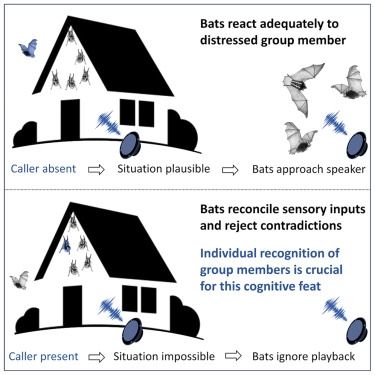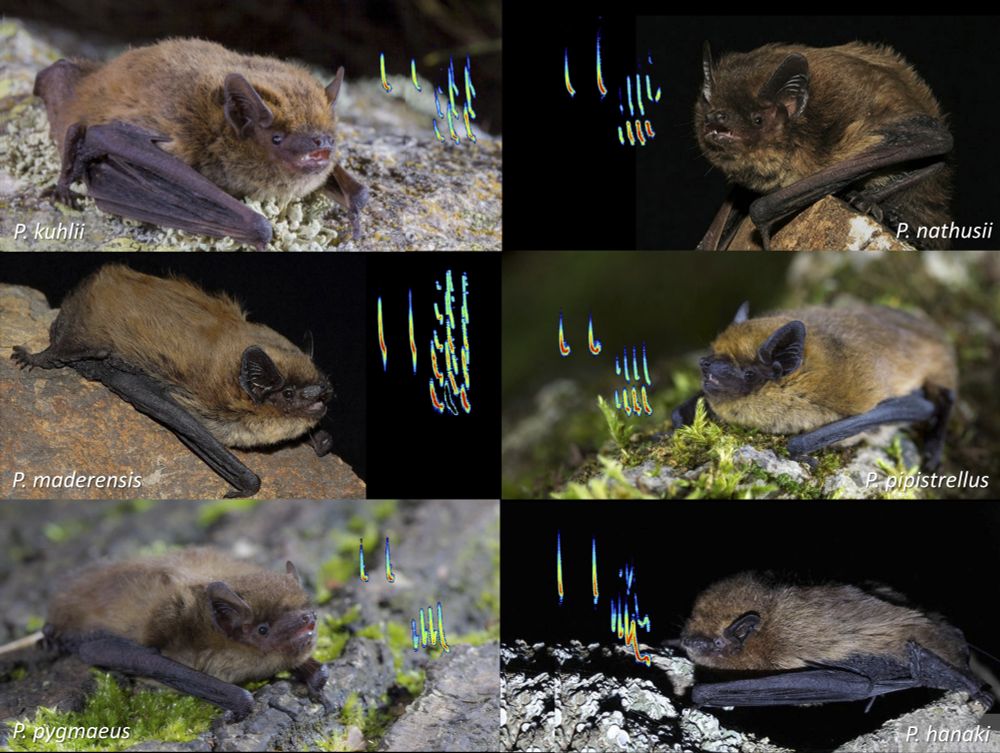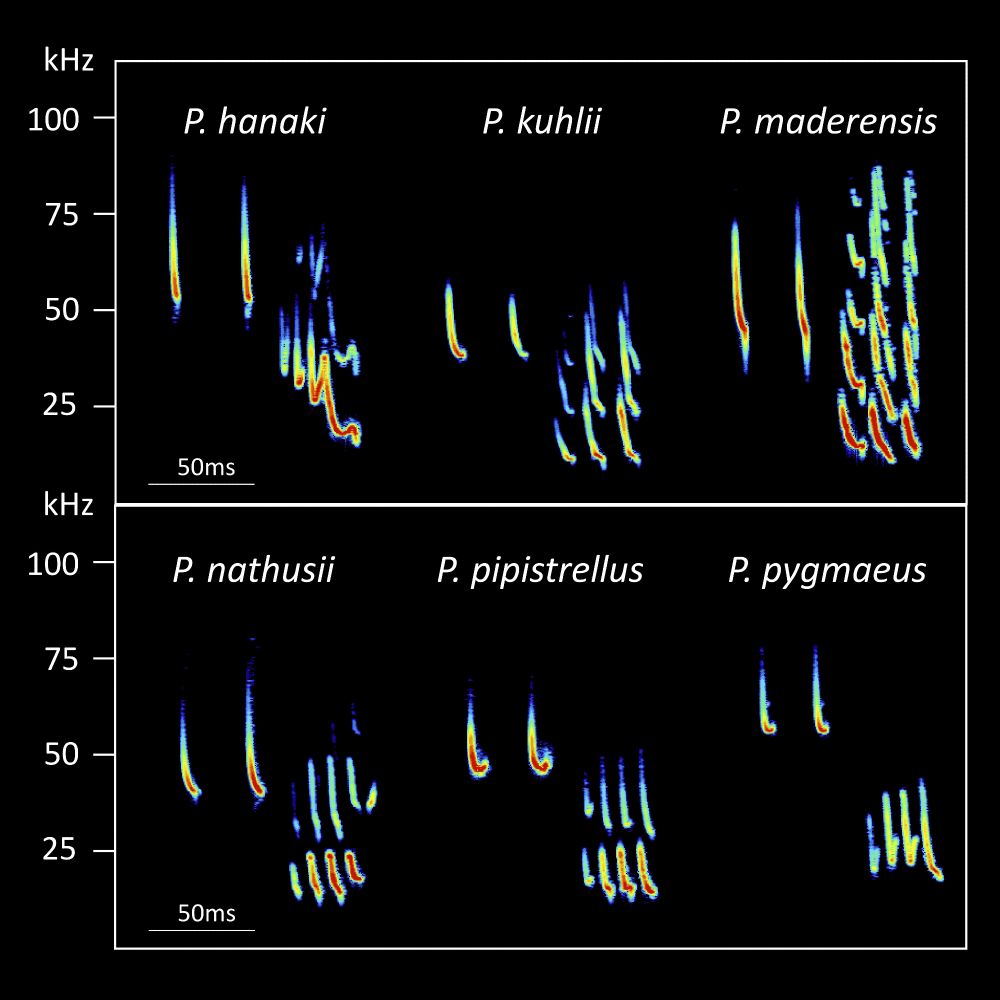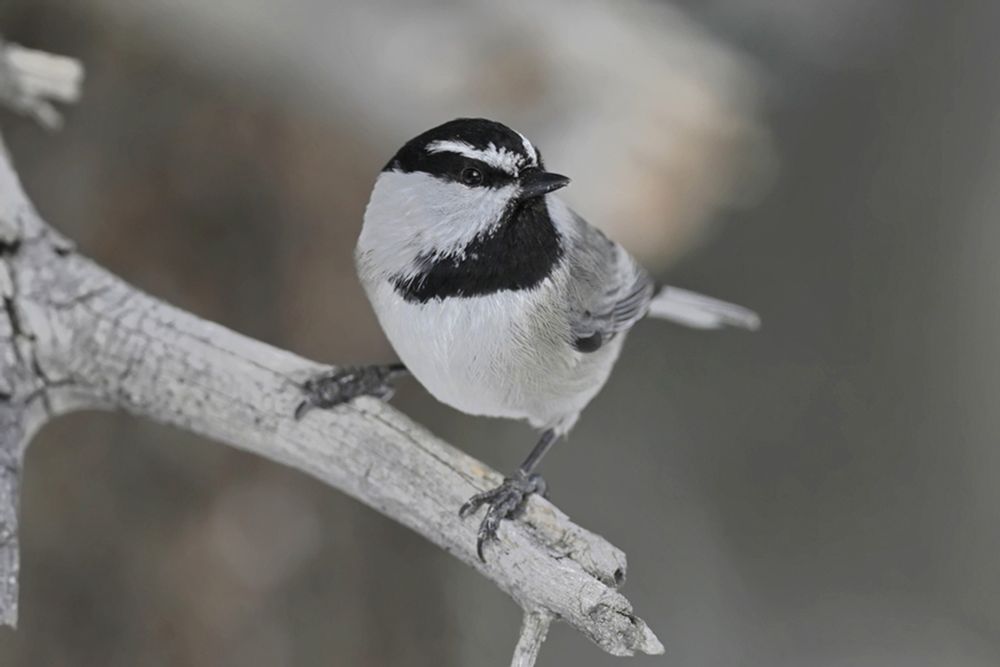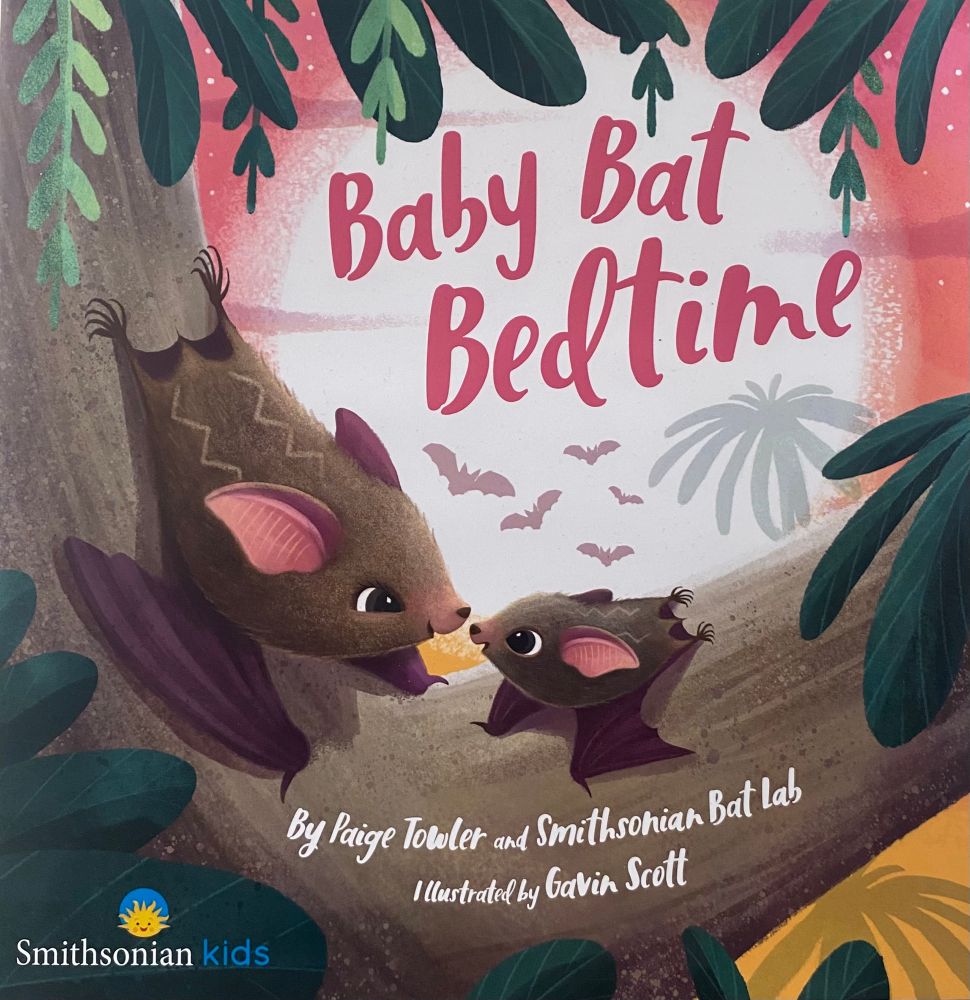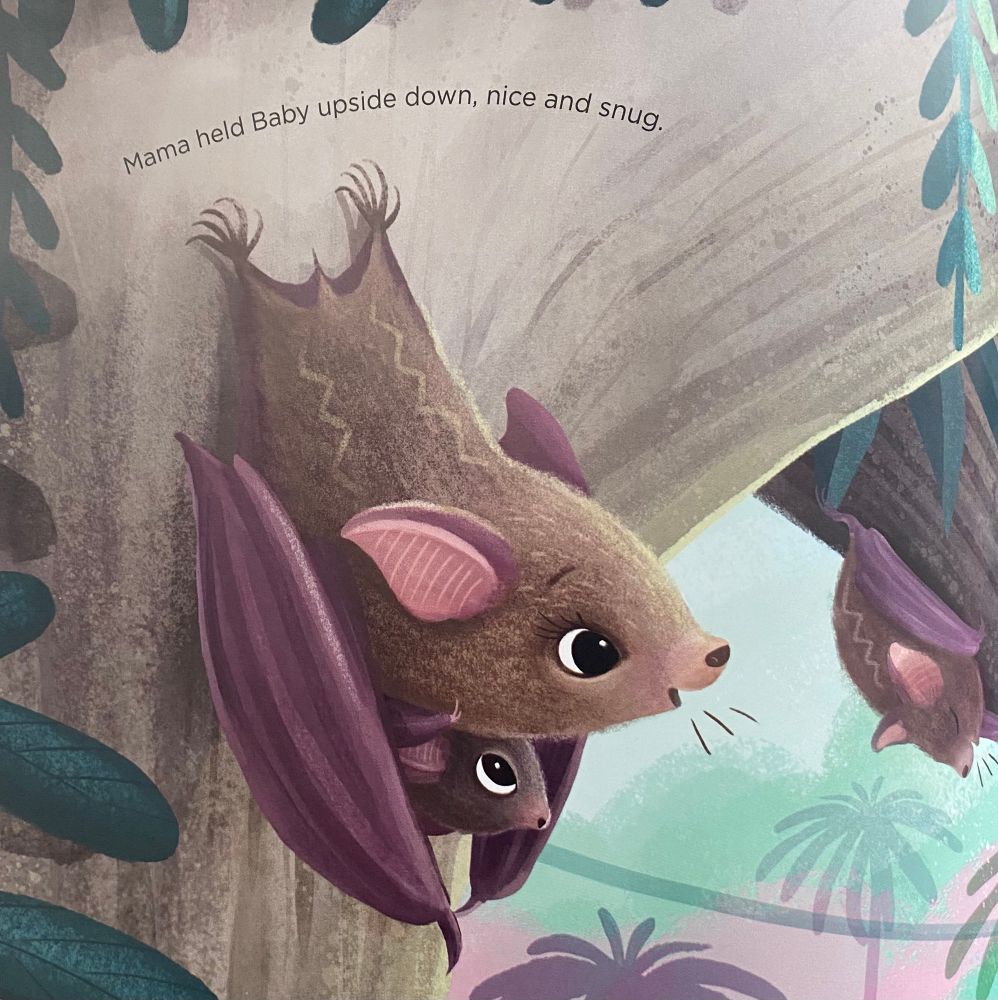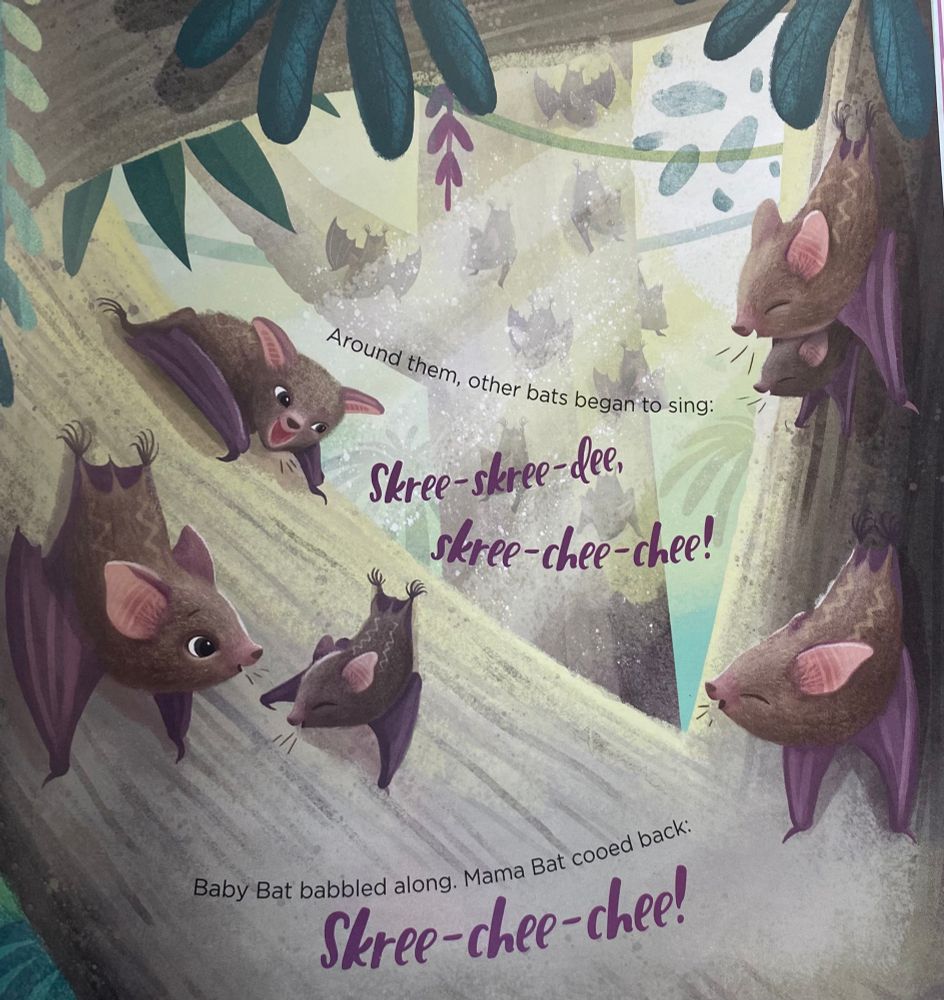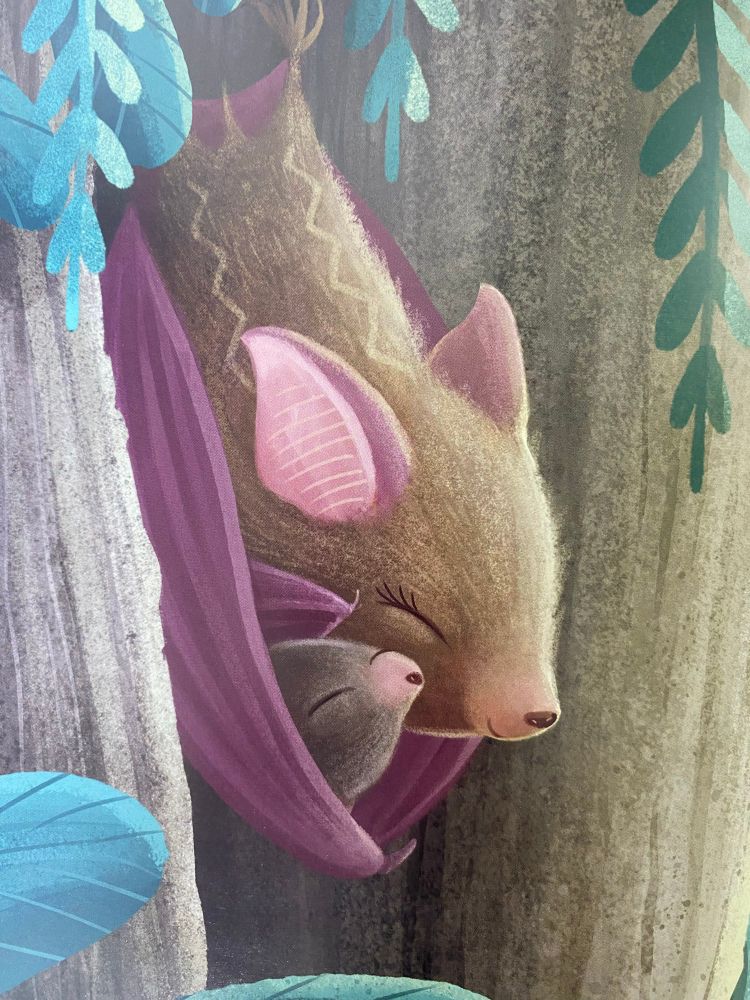Mirjam Knörnschild
@berlinbatlab.bsky.social
250 followers
170 following
29 posts
Professor of Evolutionary Ethology at HU Berlin. Department Head at Museum for Natural History. Interested in animals and their voices. Bats rock.
Posts
Media
Videos
Starter Packs
Reposted by Mirjam Knörnschild
Reposted by Mirjam Knörnschild
Alan McElligott
@amcell.bsky.social
· Jun 24
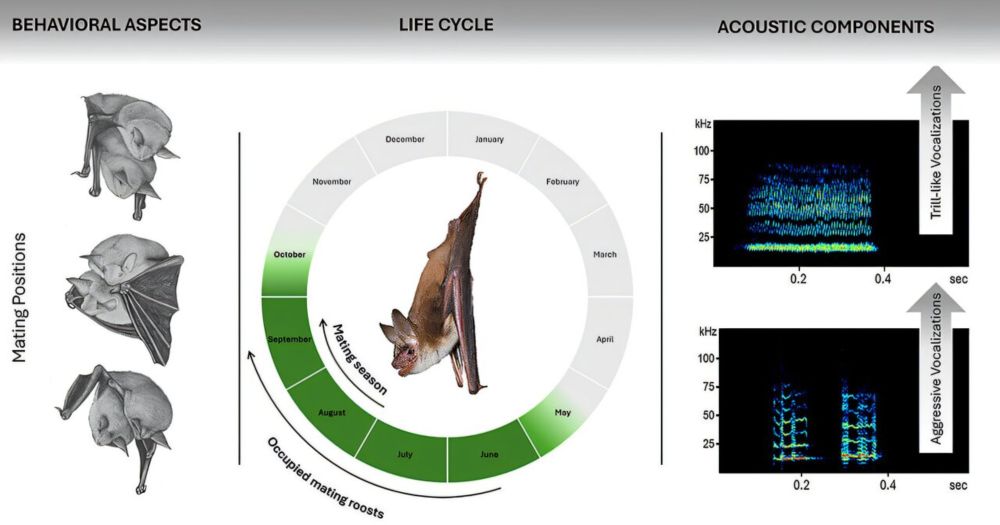
Acoustic romance in old church attics: Greater mouse-eared bats display lek mating system
In the darkness of old church attics, surprisingly romantic scenes take place as male greater mouse-eared bats (Myotis myotis), the largest native bat species in Europe, compete for the attention of f...
phys.org
Reposted by Mirjam Knörnschild
Reposted by Mirjam Knörnschild
Cedric Boeckx
@cedricboeckx.bsky.social
· May 15
Reposted by Mirjam Knörnschild


